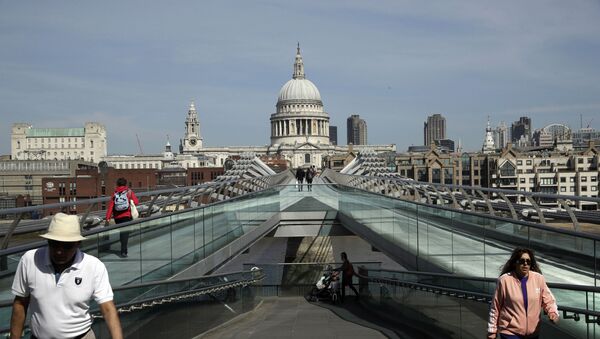The World Health Organisation (WHO) has criticised the UK's coronavirus antibody testing initiative which aims to identify those who have previously carried the virus in order to trace who in the population has already been infected.
At a press conference on Friday, WHO representatives said there is zero evidence to support the claim that recovered coronavirus patients or carriers of the disease who do not show symptoms have developed antibodies to the virus in their blood which would lead to immunity.
"There are a lot of countries that are suggesting using rapid diagnostic serological tests to be able to capture what they think will be a measure of immunity", said the WHO's head of emerging diseases and zoonosis unit, Maria van Kerkhove in Geneva.
"Right now, we have no evidence that the use of a serological test can show that an individual has immunity or is protected from reinfection".
"These antibody tests will be able to measure that level of seroprevalence - that level of antibodies but that does not mean that somebody with antibodies means that they are immune", she continued.
Kerkhove described attempts by countries expanding testing as "a good thing" but warned that they must be validated so they are in fact measuring accurately what they intended to measure.
Mike Ryan, the WHO's top emergencies expert, echoed the comments saying that the even if the presence of antibodies was effective in combating the virus, there is little indication that large numbers of people have developed them leading to any kind of widespread immunity.
"A lot of preliminary information coming to us right now would suggest quite a low percentage of population have seroconverted (to produce antibodies)," he said.
"The expectation that ... the majority in society may have developed antibodies, the general evidence is pointing against that, so it may not solve the problem of governments."
WHO guidelines stress the importance of widespread testing and social tracing.
The British government has prioritised antibody testing as part of a plan to eventually lift the national lockdown and restrictions on social interaction. Initially however, the UK ignored the guidelines and pursued a policy of allowing the virus to move through the population in order to develop "herd immunity".
Officials have said that they intended to initiate widespread testing by April. However, in late March, the government purchased 3.5 million antibody tests which were unsuitable for detecting the virus and are now gathering dust.


